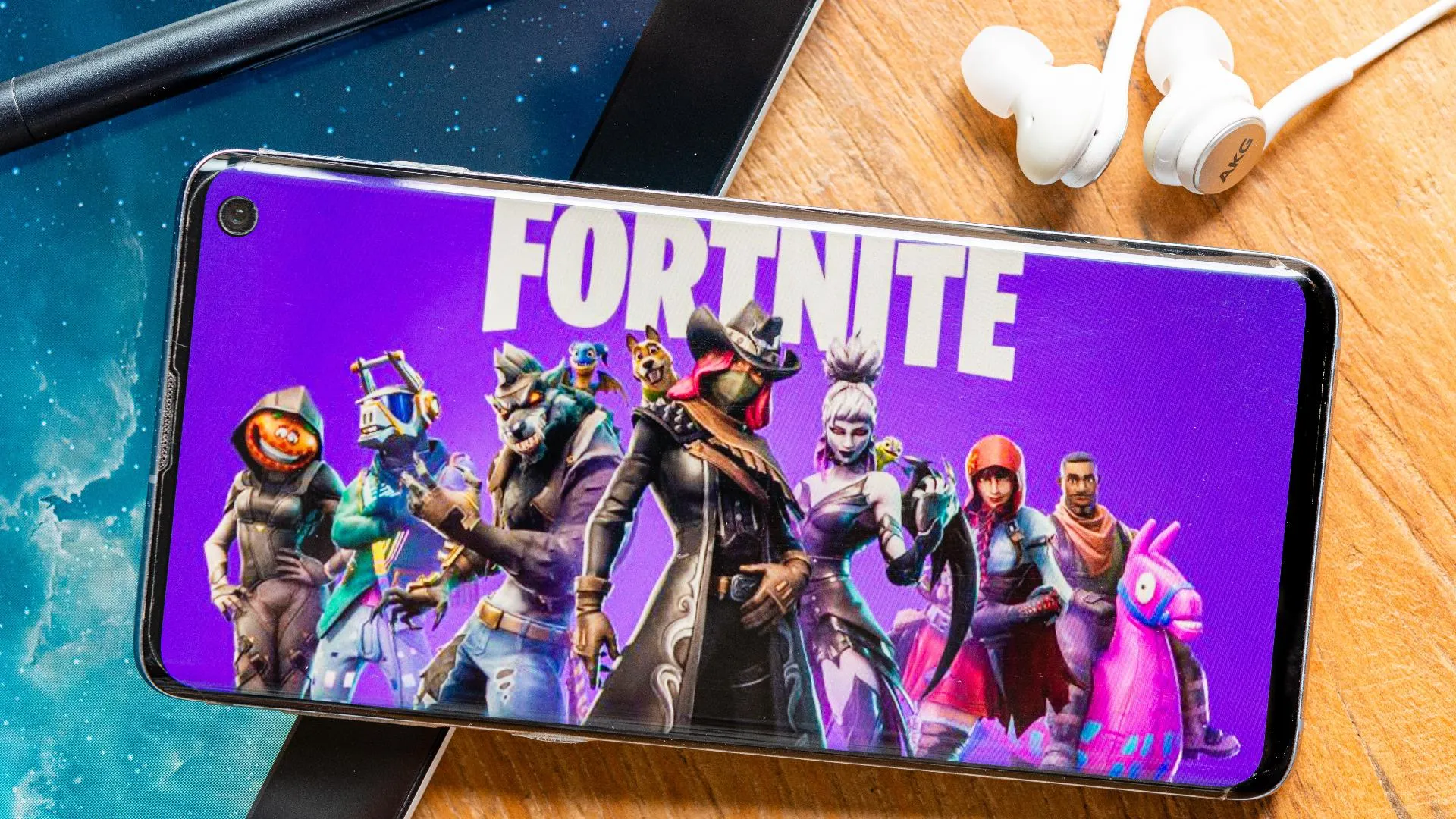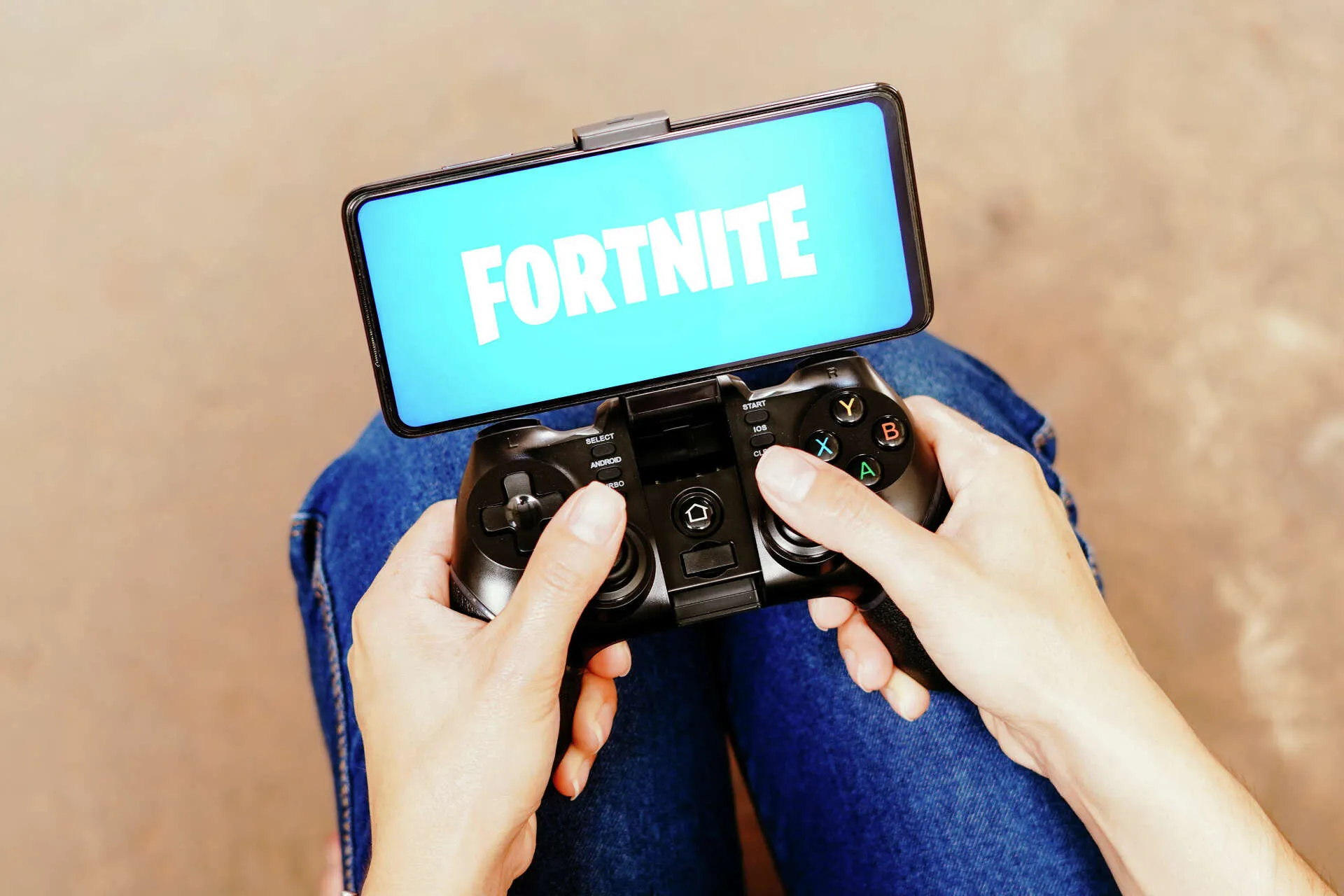In a stunning development for the gaming community, Epic Games has begun issuing refunds to Fortnite players who were unwittingly charged for in-game purchases, following a hefty settlement with the Federal Trade Commission (FTC). This landmark case has not only highlighted the need for stricter online transaction regulations but has also opened the floodgates for discussions about the ethics of in-game purchases.

Epic’s Multimillion-Dollar Mea Culpa
Earlier this year, Epic Games reached a $520 million settlement with the FTC, addressing allegations that the company engaged in deceptive practices that tricked millions of Fortnite players into making unwanted purchases. This agreement includes a whopping $245 million dedicated to player refunds, marking one of the largest settlements of its kind.
Under the terms of the settlement, Epic has committed to changing how it handles in-game transactions. Notably, the company now requires players to explicitly agree to save their payment information, a move aimed at preventing unintended purchases. The FTC has emphasized that this case should serve as a clarion call to other tech companies to revisit their in-game commerce and privacy practices.

Unpacking the Fallout for Players
Among the beneficiaries of this settlement is Denver Wills, a 20-year-old college student from Anniston, Alabama, who has been engrossed in Fortnite since middle school. Wills shared that a friend received a refund of $350 and he is hopeful for a similar windfall, which he plans to use toward building a new computer. “Any money’s good money at this point,” Wills remarked, highlighting the impact of these refunds on players’ lives.
The mechanics of the refunds are straightforward but significant. Players like Wills who believe they were charged without their consent were required to fill out a claims form detailing their unintended purchases. The response from the community has been overwhelming, with players reporting refund amounts ranging from as little as $20 to as much as $500.

The Bigger Picture: Regulation and Responsibility
This settlement is a part of a broader push by federal officials to regulate tech and gaming companies more stringently. By enforcing such heavy penalties, the FTC aims to ensure that companies prioritize transparency, fairness, and privacy in their dealings with consumers.
Moreover, the settlement stipulates that Epic must obtain explicit consent before making any charges and prohibits the company from blocking players who dispute unauthorized charges from accessing their accounts. This shift is expected to set a precedent in the gaming industry, prompting other companies to reevaluate their user agreement practices to avoid similar pitfalls.

What’s Next?
With over $72 million already disbursed to more than 629,000 players, the community is keenly awaiting further developments. The FTC has not specified when the next round of refunds will be issued, but players have until January 10, 2025, to submit their claims. As the gaming industry continues to evolve, the Epic Games settlement is a reminder of the critical need for companies to engage with their users ethically. For Fortnite players affected by these practices, the refunds represent not just a return of funds but a significant step towards more responsible gaming ecosystems.










